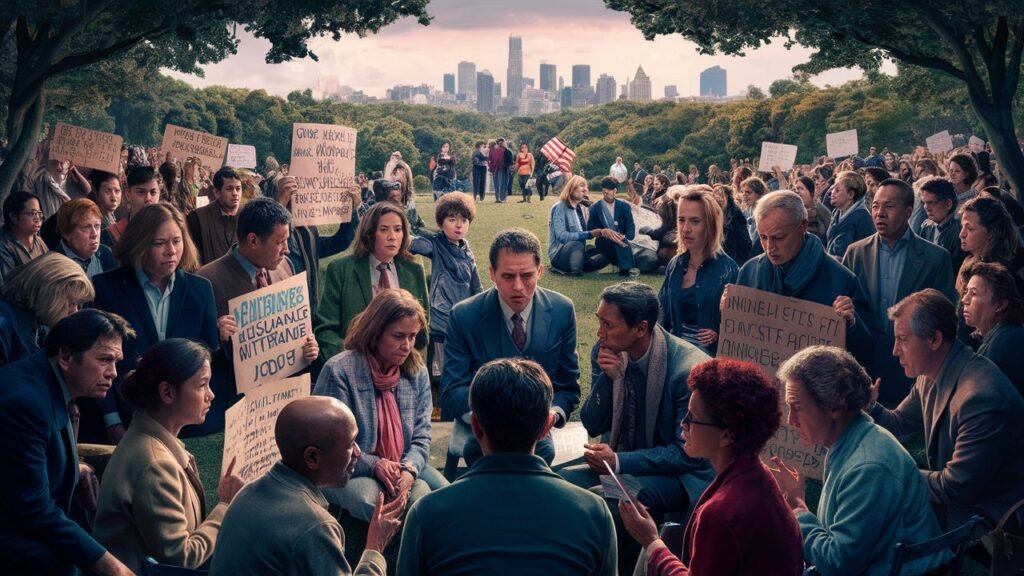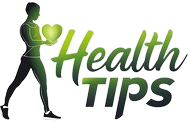In today’s uncertain economic climate, losing a job can be a stressful experience, particularly when it comes to healthcare coverage. Health insurance is crucial for maintaining physical and financial well-being, yet navigating the options available without a job can seem daunting. In this guide, we’ll explore avenues for obtaining health insurance coverage when unemployed, ensuring you can access the care you need without added financial strain.

Why Health Insurance Matters
Health insurance provides essential financial protection against medical expenses, ensuring individuals can afford necessary healthcare services without facing crippling bills. Without coverage, even routine medical care can become prohibitively expensive, potentially leading to untreated health issues and financial hardship.
Types and Categories
COBRA Coverage
COBRA (Consolidated Omnibus Budget Reconciliation Act) allows individuals who have lost their jobs to continue their employer-sponsored health insurance for a limited time. While this can provide a temporary solution, it’s important to note that COBRA coverage can be expensive, as individuals are responsible for the full premium, including the portion previously covered by their employer.
Medicaid
Medicaid provides free or low-cost health coverage to millions of Americans, including eligible low-income adults, children, pregnant women, elderly adults, and people with disabilities. Eligibility requirements vary by state, but individuals who have lost their jobs may qualify for Medicaid based on their current income.
Marketplace Plans
The Health Insurance Marketplace, established under the Affordable Care Act (ACA), offers a range of private health insurance plans with varying levels of coverage and cost. Losing a job qualifies individuals for a Special Enrollment Period, during which they can sign up for a Marketplace plan outside of the annual Open Enrollment Period.
Short-Term Health Insurance
Short-term health insurance plans provide temporary coverage for individuals facing gaps in insurance, such as during job loss or between jobs. While these plans offer lower premiums, they often provide less comprehensive coverage and may not include benefits required by the ACA.
Symptoms and Signs
Financial Strain
Losing a job can result in immediate financial strain, making it difficult to afford essential expenses, including healthcare. Without employer-sponsored coverage, individuals may face high premiums or out-of-pocket costs for alternative insurance options.
Stress and Anxiety
The uncertainty of being uninsured can contribute to stress and anxiety, impacting both mental and physical health. Fear of medical debt or being unable to afford necessary care can exacerbate existing health conditions and lead to avoidance of preventive services.
Causes and Risk Factors
Job Loss
Job loss is a primary cause of uninsured status for many individuals and families. When employment ends, so does access to employer-sponsored health insurance, leaving individuals to seek alternative coverage options.

Income Level
Income level plays a significant role in determining eligibility for certain types of health insurance, such as Medicaid. Individuals with lower incomes may qualify for free or low-cost coverage through Medicaid, while those with higher incomes may need to explore private insurance options.
Diagnosis and Tests
Determining Eligibility
When exploring health insurance options after job loss, it’s essential to determine eligibility for various programs, such as Medicaid or Marketplace plans. Factors such as income, household size, and immigration status can impact eligibility criteria.
Comparing Plans
Once eligibility is established, individuals should compare available insurance plans to find the best fit for their needs and budget. Considerations may include monthly premiums, deductibles, co-pays, coverage networks, and included benefits.
Treatment Options
Accessing Care
Having health insurance coverage is only the first step; individuals must also be able to access necessary healthcare services. When selecting a plan, consider factors such as provider networks, prescription drug coverage, and access to specialists.
Utilizing Preventive Services
Preventive care is essential for maintaining overall health and catching potential issues early. Take advantage of covered preventive services, such as screenings, vaccinations, and wellness visits, to stay proactive about your health.
Preventive Measures
Financial Planning
Incorporate health insurance costs into your overall financial planning, especially during periods of unemployment or financial instability. Explore options for reducing healthcare expenses, such as health savings accounts (HSAs) or flexible spending accounts (FSAs).
Healthy Lifestyle Choices
Maintaining a healthy lifestyle can reduce the risk of developing chronic conditions and minimize the need for medical care. Focus on factors such as nutrition, physical activity, stress management, and regular healthcare check-ups to support overall well-being.
Personal Stories or Case Studies
Maria’s Story: Navigating Health Insurance After Job Loss
Maria found herself without health insurance after being laid off from her job due to company downsizing. Concerned about her health and financial stability, she researched alternative coverage options and ultimately enrolled in a Marketplace plan that offered comprehensive coverage at an affordable price.
Expert Insights
Dr. Patel’s Advice: Prioritizing Health During Transitions
“Job loss can be a challenging time, but prioritizing your health is crucial. Explore all available insurance options and don’t hesitate to seek assistance if needed. Remember, preventive care is key to staying healthy and catching any potential issues early.”
Conclusion
Navigating health insurance options without a job can be overwhelming, but it’s essential to explore available resources and take proactive steps to protect your health and financial well-being. By understanding eligibility criteria, comparing plans, and prioritizing preventive care, individuals can access the coverage they need to stay healthy and secure.

